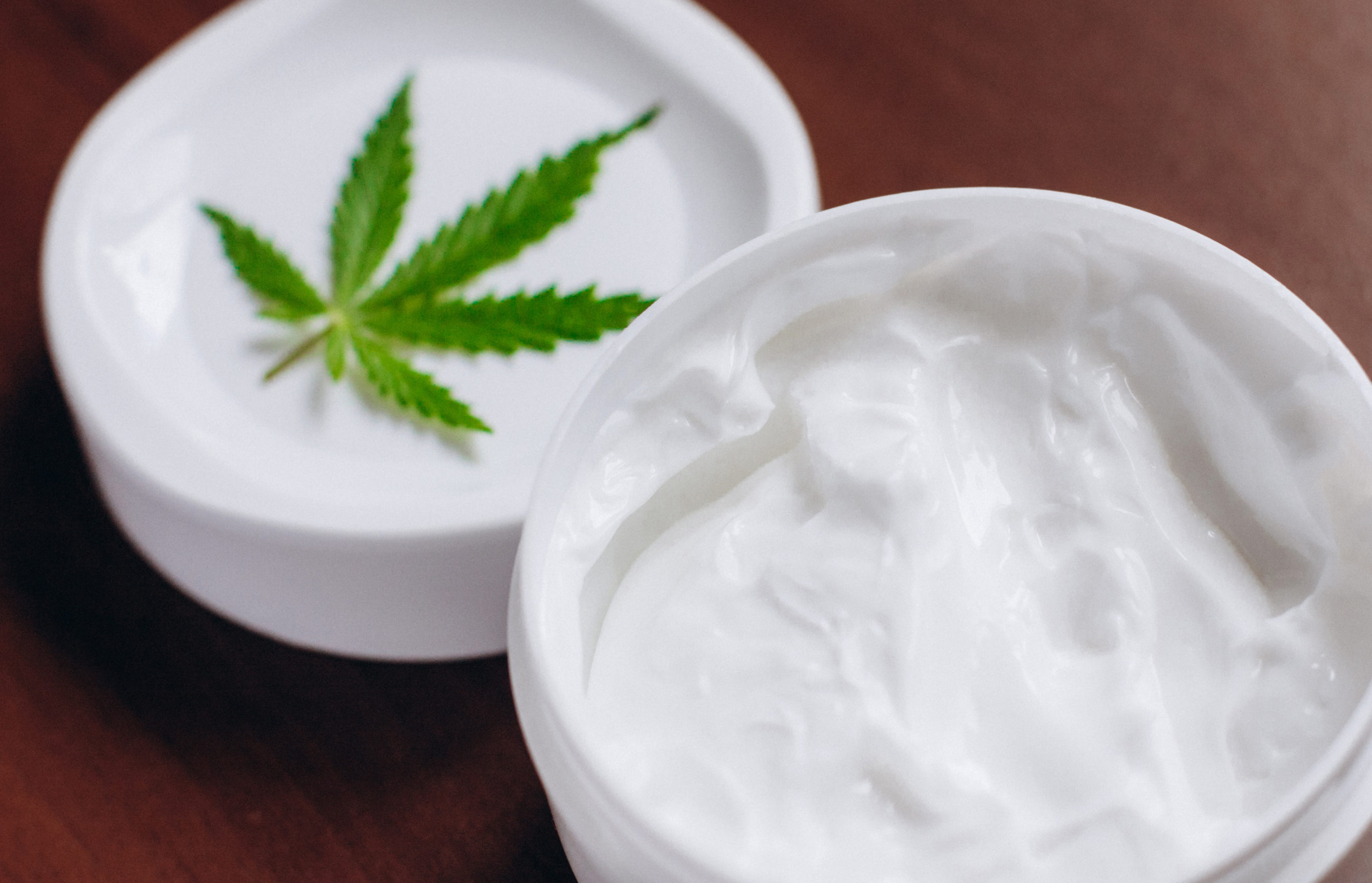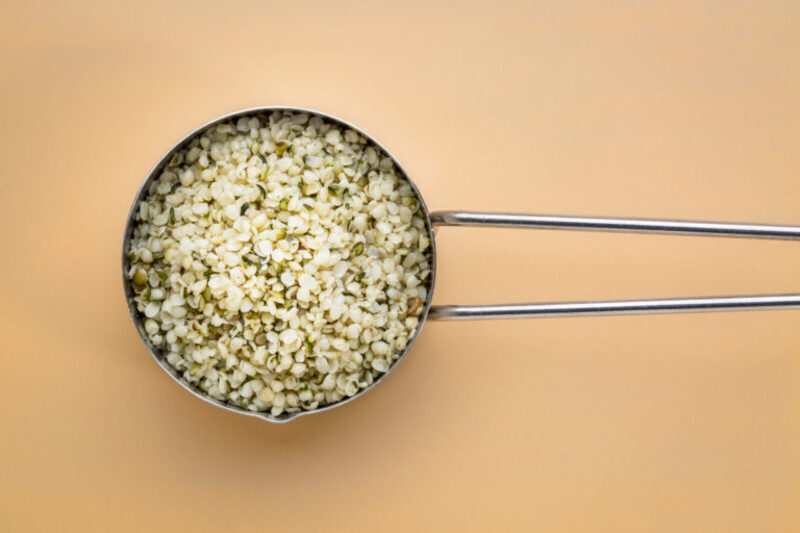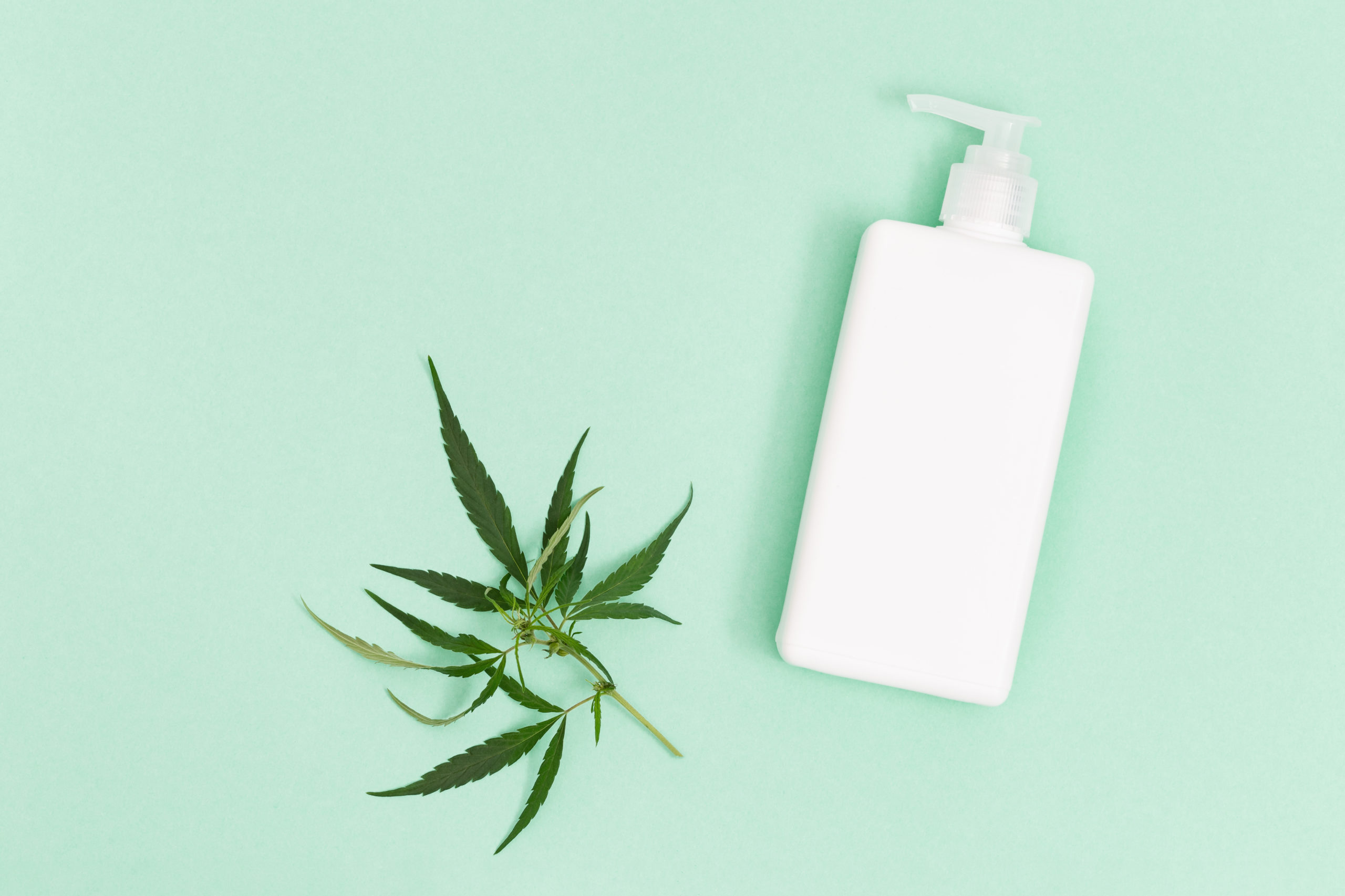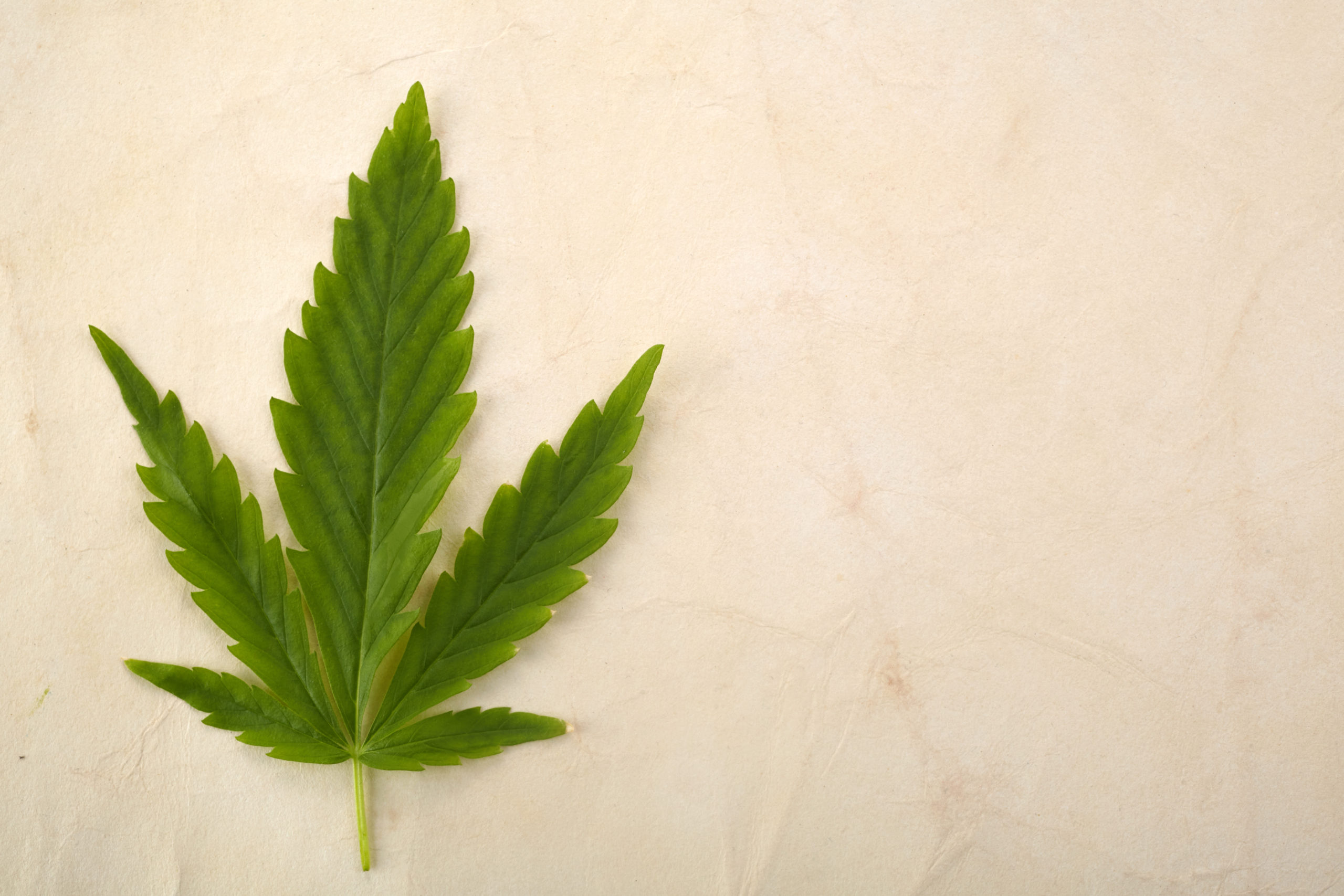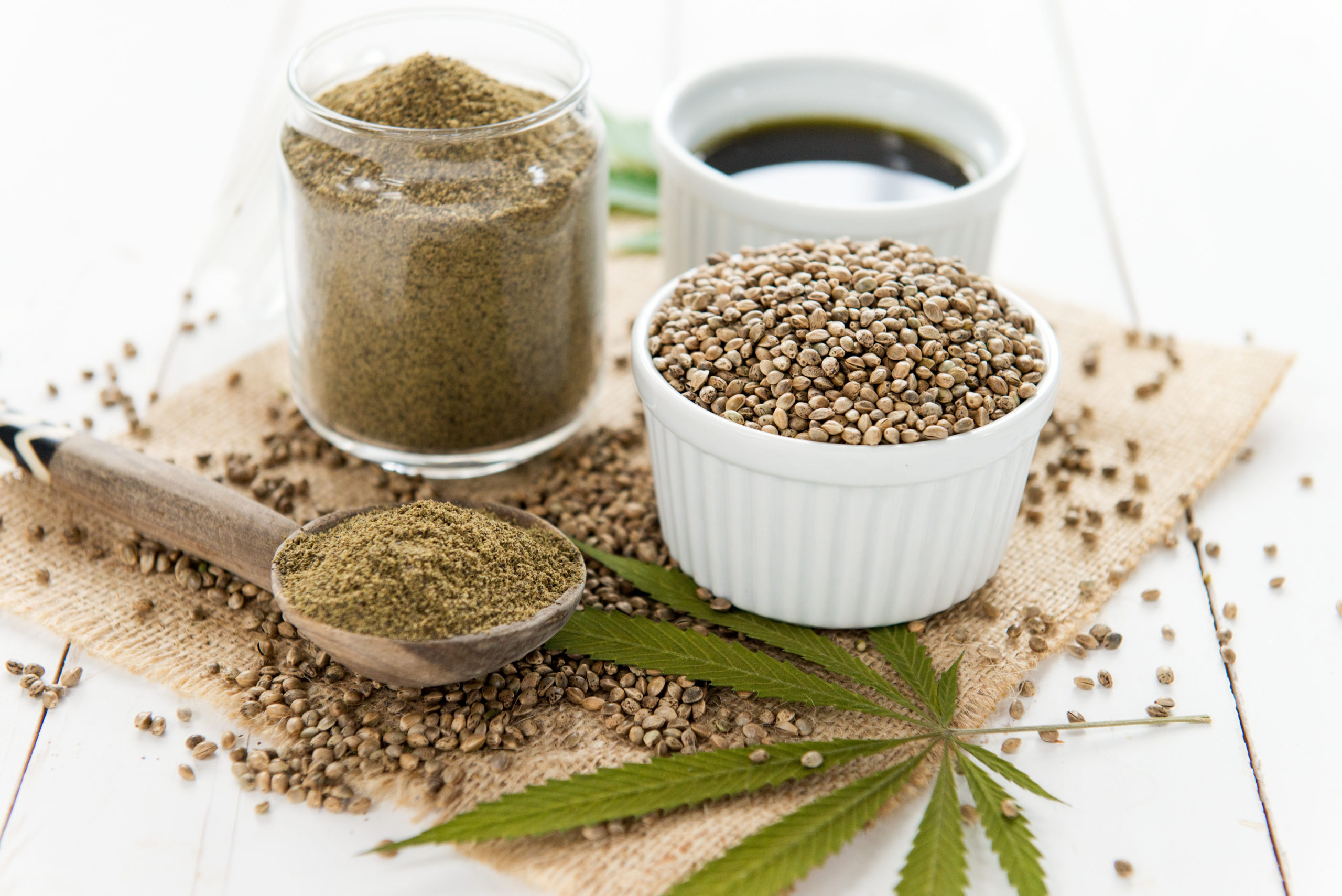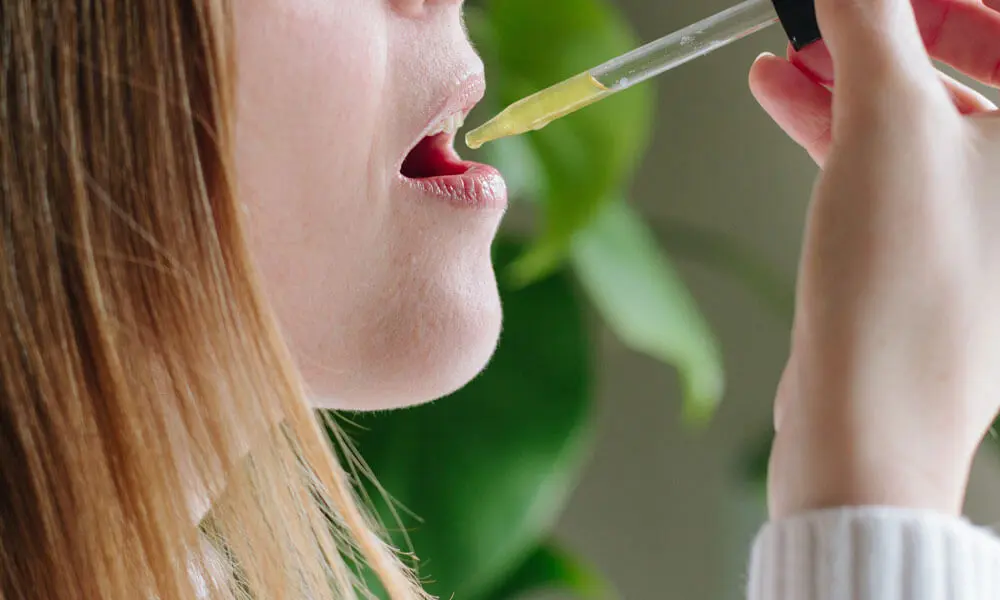-
- Market Research
- |
- CBD Near Me
- |
- Giveaways
- |
- Newsletter
- |
- Contact
- |
- Advertise
- |
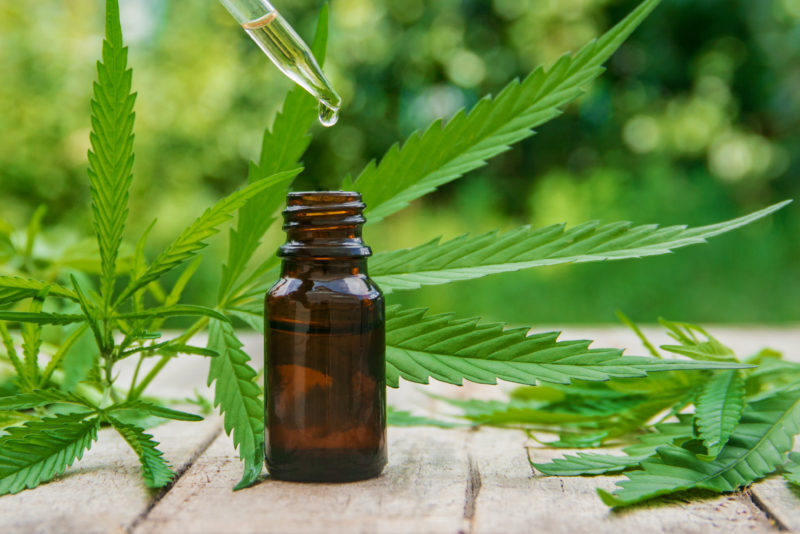
If you have asked the question, “Does my oil have CBD in it?” or have researched CBD oil in the past couple of years, chances are that at some point you’ve been a bit confused as to the industry’s frequent (and oftentimes incorrect) use of the terms “CBD oil” and “hemp oil.”
While these terms are sometimes used interchangeably by manufacturers, they don’t always have the same meaning. We’ve put together a guide for new and even experienced users to better understand the differences and similarities so they can make their next purchase as an educated and informed consumer.
| CBD OIL | HEMP OIL |
| Oil that contains cannabidiol. | Oil that may or may not contain cannabidiol. |
| Extracted from hemp flower, leaves, and stalk. | Typically extracted from hemp seeds. |
| Found only in nutritional supplements, cosmetics, and medications. | Found in household products, such as paints and detergents, as well as nutritional supplements and cosmetics. |
| Potentially beneficial for epilepsy, anxiety, pain, inflammation, and sleep disorders. | Potentially beneficial for oxidative stress, cholesterol, and heart health. |
Hemp Oil Basics
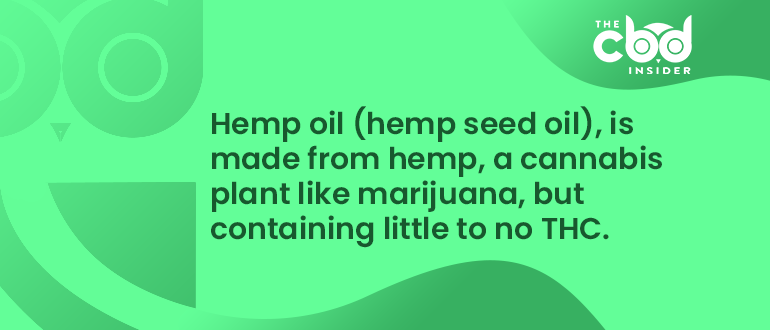
Hemp oil is popular and widely used, so it can be confusing when manufacturers tend to use it interchangeably with CBD oil. Let’s understand some basics about hemp oil to erase that confusion.
Source of Hemp Oil
Hemp oil extracts have been used by various manufacturers for quite some time now. It is easy to see how hemp oil (sometimes referred to as “hemp seed oil”) and CBD oil can be easily confused.
The ever-versatile hemp seed oil has a very fitting name as it is harvested from hemp seeds using cold press extraction. This isn’t an extraction method solely for use with hemp seeds as numerous compounds in a multitude of household products also begin their journey this way.
Cold press extraction allows manufacturers to exude concentrated oils stored in the hemp seeds without using solvents or harsh chemicals. This renders a pure and unadulterated final product which is typically sought after by consumers.
Hemp Oil Uses
Hemp oil has quickly found a place in residential and commercial settings. Its non-comedogenic (a product that doesn’t clog pores) properties have led to its popularity in the cosmetic world.
Hemp seed oil-based cosmetic products have been circulating in the market for years. Hemp oil products (or simply raw hemp oil) can also be found in dietary health and nutrition stores due to its growing popularity in cooking and nutrition.
Manufacturers have also been utilizing hemp oil in a multitude of products for some time now. Products around the home like paints, fibers, soaps, and detergents may also utilize hemp oil in their production.
Nutritional Benefits of Hemp Oil
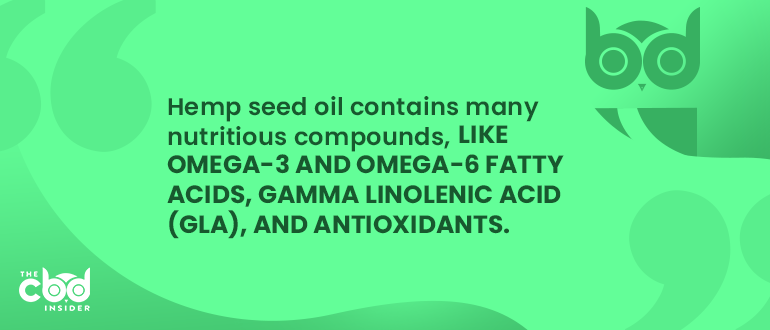
Hemp seed oil contains many nutritious compounds, like omega-3 and omega-6 fatty acids, Gamma Linolenic acid (GLA), and antioxidants. All of these compounds have shown potential health benefits.
Studies of omega-3 and omega-6 fatty acids (the healthy kind) have suggested the potential to protect against Alzheimer’s disease, decrease rheumatoid arthritis symptoms, lessen the severity of depression and even reduce cognitive issues in children diagnosed with ADHD.
Numerous users and various studies report the potential for improvement in both HDL and LDL cholesterol after incorporating hemp oil into their nutritional routine. This is likely due to the compound beta-sitosterol, which is found in (you guessed it) hemp seeds.
Other studies have pointed towards potential cardiovascular benefits. One study by researchers at the University of Seville suggested that hemp seed oil could be considered a dietary staple given its omega acid contents, which may lower blood pressure.
While hemp oil certainly appears to possess potential beneficial characteristics, we would be remiss in not mentioning the skeptical arguments against hemp oil. Even though the number of studies suggesting that hemp oil is beneficial far outweigh those that remain skeptical—like this double-blind, placebo-based clinical trial[2] by researchers at the University of Manitoba—one fact remains: more research needs to be conducted before we have conclusive evidence.
In the meantime, there is no significant evidence that hemp oil is harmful for human consumption. Of course, we recommend speaking with your primary healthcare provider before beginning any new dietary supplement.
Will I Get High from Hemp Oil?
Simply put, no. This is because hemp seeds (the source of hemp oil) do not produce THC. THC is the psychoactive compound found in the cannabis plant responsible for getting users “high.” Even though mature hemp plants typically produce small levels of THC, the seeds do not contain any.
Of course, with the litany of new hemp-based products hitting the market these days, you should always verify that your hemp oil product is THC-free if you are trying to avoid exposure to THC. That said, most products containing hemp oil or hemp seed oil will be free of THC and likely reflect this with a THC-free statement on the packaging.
As you will see from the information below, this determination isn’t always as clear with CBD products. We’ve simplified the facts below to easily explain why hemp oil is not (always) the same as CBD oil.
CBD Oil Basics
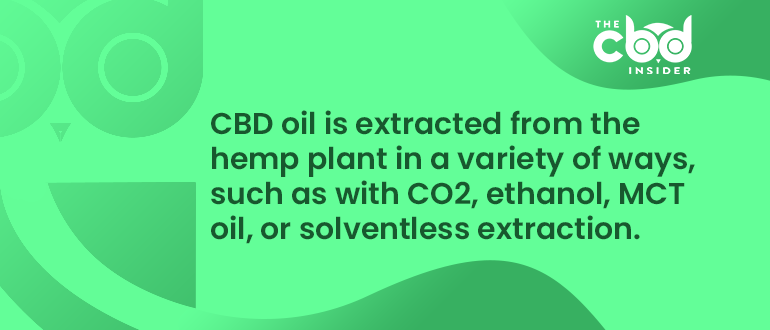
CBD oil has taken the world by storm, and it looks like it is here to stay. Though many CBD oil manufacturers may use the term “hemp oil” in their labeling (after all, it does come from the hemp plant), there are numerous differences that you should familiarize yourself with.
CBD Oil Extraction Methods
CBD oil, unlike hemp seed oil, can be extracted in several different ways. One of the methods of extraction used by CBD manufacturers is supercritical CO2 extraction. This involves expensive laboratory grade extraction equipment that allows technicians to precisely isolate compounds like CBD molecules.
This method has been around decades and isn’t used just for CBD extraction. There is a good chance that some of the scents in your favorite soap or flavors in your go-to candy came from CO2-extracted concentrates. It is often revered as the “cleanest” or “purest” extraction method. CO2 extraction is a commonly used method for extracting CBD.
Another approach is the true solventless extraction method. This process uses high pressure heated press plates that literally squeeze the cannabinoids and terpenes out of the plant matter. These presses can use upwards of 20 tons of pressure to separate the useable product from the biomass.
One of the original methods and one that some manufacturers still use is lipid-based extraction in which hemp plant biomass is mixed and “cooked” with a high-fat emulsifier like MCT oil. Cannabinoids are highly lipophilic, which means that they bond with the fat molecules in the MCT oil and, as a result, are extracted from the plant.
A technique that also includes bathing plant matter in a solution is ethanol extraction. Much like lipid-based extraction, this method requires labs to soak hemp biomass in large vats of ethanol. The CBD molecules bond to the ethanol solution, which is then filtered. After the ethanol evaporates, technicians are left with a concentrated CBD extract.
The science of extraction is a rapidly evolving landscape as CBD gains popularity. There are numerous emerging technologies like vapor extraction that will likely change how CBD is extracted in the future.
Cannabinoid Content in CBD Oil
In contrast to hemp seed oil, CBD oil is typically a buffet of cannabinoids. Depending on the type of CBD oil that you use, the cannabinoid profile may differ.
This is the primary difference in CBD oil and hemp seed oil. Mature hemp plants used in CBD oil produce cannabinoids like CBD and THC, while hemp seeds like those used in hemp seed oil do not produce these cannabinoids.
Types of CBD Oil
There are three types of CBD extract that manufacturers use in their CBD products. The type used in your product can typically be determined by checking out the label or brand’s website. While all three should ultimately provide a dose of CBD, there are some differences.
Full-Spectrum CBD Oil
Full-spectrum CBD oil is another way of saying that the product contains the full profile of cannabinoids present in the original hemp plant used during extraction.
This is a great choice for those who want to utilize the entourage effect, which is the name given to the synergy created by the presence of all cannabinoids. Full-spectrum users should be aware that their product may contain low levels of THC (<0.3% according to federal regulations).
Therefore, individuals who have to undergo drug testing may want to speak with their healthcare provider or simply opt for another type of CBD product without THC. That being said, the amount of THC federally allowed in CBD products is most likely not enough to “feel” any psychoactive effects.
Broad-Spectrum CBD Oil
Broad-spectrum CBD oil or THC-free products begin their life just like full-spectrum CBD products. The difference comes from an additional step called THC remediation.
This process is conducted after the initial extraction in which lab technicians precisely heat the extracted product to a specific temperature that causes the THC to evaporate. This leaves manufacturers with an extracted product that is now THC-free while still maintaining high concentrations of CBD and other cannabinoids.
This is an excellent option for individuals who want to incorporate CBD into their life but need to avoid THC.
CBD Isolate
Isolate products are exactly what they sound like. Extraction laboratories isolate the CBD molecule in a crystallized state. Isolate-based products typically contain only CBD and no other cannabinoids.
This form factor is versatile and easy for manufacturers to work with, which is why it rapidly gained popularity. Isolate has also allowed researchers to study the potential of the CBD molecule by itself.
CBD Oil Uses
There exists a laundry list of potential benefits of CBD oil. Research is being conducted around the world at lightning pace to better understand this cannabinoid.
Of course, each person is unique in how CBD affects their body, and until more research is conducted, scientists cannot say for certain that any specific condition is improved from CBD exposure.
However, the rapidly growing database of anecdotal evidence and user reports is certainly worth some attention. Researchers and consumers indicate CBD may improve anxiety, pain/inflammation, depression, PTSD, sleep disorders, and various types of seizures.
We have an excellent resource that you can check out for more information on the potential benefits of CBD.
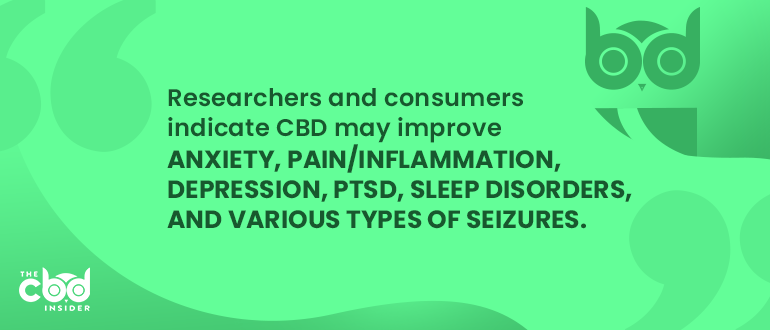
How Do I Know If My Oil Has CBD?
There are a few ways to verify that your oil has CBD in it. These steps should become second nature to you as they will help protect yourself as a CBD consumer.
The first thing you should do is read the label to check the ingredients. This will give you a better idea of the quality and purity of your CBD oil and let you know if anything is being mixed into your oil that you want to avoid.
Your CBD oil label should always list the total amount of CBD in the container and amount per serving. If you aren’t able to locate this information, there is a high likelihood that your product is from an unscrupulous manufacturer. This is not always the case, but most reputable CBD manufacturers will always include this information on their labeling.
Your second step should be checking the manufacturer’s website for your product’s certificate of analysis (COA). This is typically a document provided by a third-party testing lab that shows the purity and cannabinoid content of your product.
If you cannot locate the COA on the manufacturer’s website, don’t be afraid to ask them for one. Legitimate manufacturers are always very proud to show off their COAs to customers.
This is one of the tools used in the industry to prove that a brand is selling a legitimate product and if a manufacturer does not readily offer a COA when asked or does not respond to your request for one, you should take this as a major red flag and find a different brand for your CBD needs.
Once you have a copy of the COA, you should take a moment to compare the values to those on your product’s label. There should be very little difference in the reported amounts.
If you find that you aren’t able to decipher the COA to make this comparison, you should reach out to the manufacturer for guidance. Again, a legitimate manufacturer will gladly take the time to show you how to interpret a COA so you can be confident you are getting what you’re paying for.
Another step that you should always take prior to making a purchase is researching the brand’s reputation. We’ve made that as simple as possible here with our unbiased reviews and Trusted Brands list that can be found here. We strive to give our readers concise and accurate reviews of CBD brands. There are even some exclusive discounts available for our readers.
Conclusion
There are a lot of high-quality CBD oil products out there, as well as some quality hemp seed oil products. However, you should take the time to educate yourself so you can make an informed decision.
CBD consumers should note that at the time of writing, many large e-commerce platforms like Amazon do not permit the sale of legitimate CBD products. Unfortunately, this does not stop shady sellers from flying below the radar and listing products that claim to have CBD in them. If you follow the steps outlined above, you will quickly realize that these products are to be avoided.
Staff at The CBD Insider are always here to help guide consumers in the proper direction. If you have questions or just need to be pointed in the right direction, don’t hesitate to reach out to us!
In the meantime, we recommend taking a moment to sign up for our newsletter for the most up to date CBD news and product reviews.
Disclaimer: The content on this site is for informational purposes only. We are not medical experts and nothing should be construed as medical advice. Be sure to speak with your physician before taking CBD or any other treatment.
References:
- https://www.mayoclinicproceedings.org/article/S0025-6196(19)30007-2/fulltext
- https://pubmed.ncbi.nlm.nih.gov/18460481/
- https://www.ncbi.nlm.nih.gov/pmc/articles/PMC3079847/
- https://pubmed.ncbi.nlm.nih.gov/16282192/
- https://www.ncbi.nlm.nih.gov/pmc/articles/PMC6161644/
- www.fda.gov/news-events/public-health-focus/fda-regulation-cannabis-and-cannabis-derived-products-including-cannabidiol-cbd#:~:text=children%20with%20epilepsy%3F-,A.,years%20of%20age%20and%20older
- https://pubs.acs.org/doi/abs/10.1021/jf404278q?journalCode=jafcau


